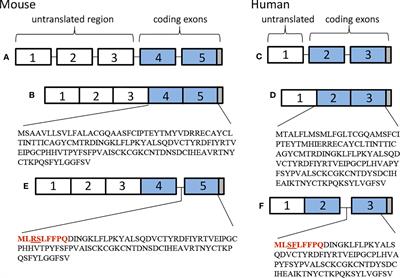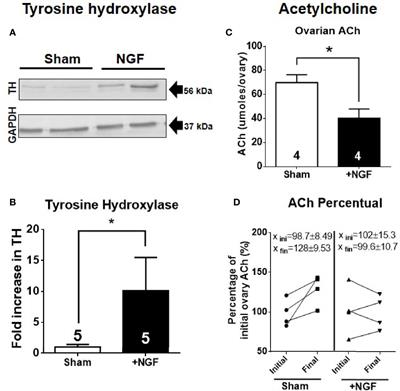EDITORIAL
Published on 14 Sep 2021
Editorial: Systemic Regulation of Organ Homeostasis and Implications of Hormones and Immunity
doi 10.3389/fendo.2021.740835
- 2,049 views
- 3 citations
16k
Total downloads
78k
Total views and downloads
Select the journal/section where you want your idea to be submitted:
EDITORIAL
Published on 14 Sep 2021
REVIEW
Published on 23 Jul 2021

SYSTEMATIC REVIEW
Published on 10 Jun 2021

MINI REVIEW
Published on 29 Apr 2021

REVIEW
Published on 22 Mar 2021

ORIGINAL RESEARCH
Published on 16 Mar 2021

REVIEW
Published on 09 Mar 2021

ORIGINAL RESEARCH
Published on 25 Feb 2021

REVIEW
Published on 21 Jan 2021

ORIGINAL RESEARCH
Published on 04 Dec 2020


Frontiers in Cell and Developmental Biology
Frontiers in Neuroscience